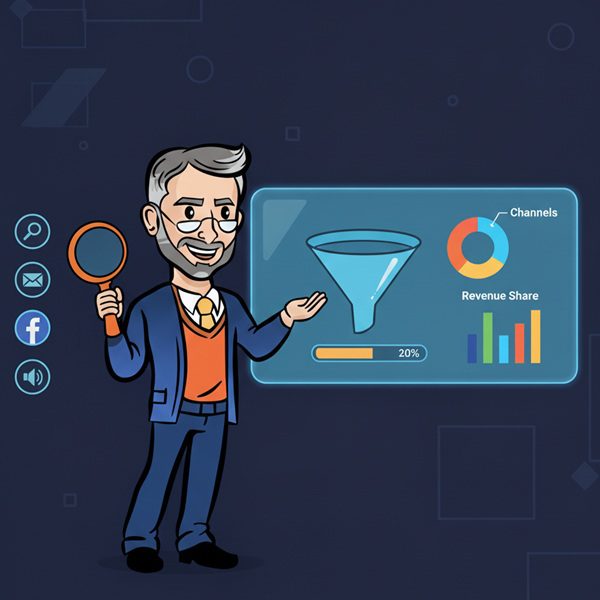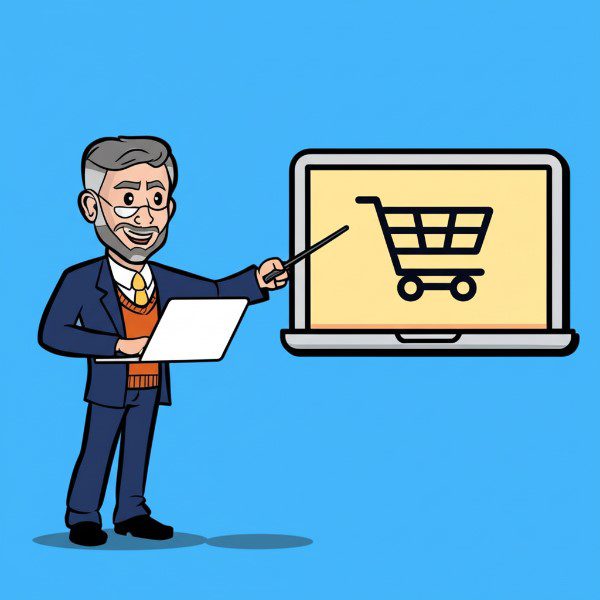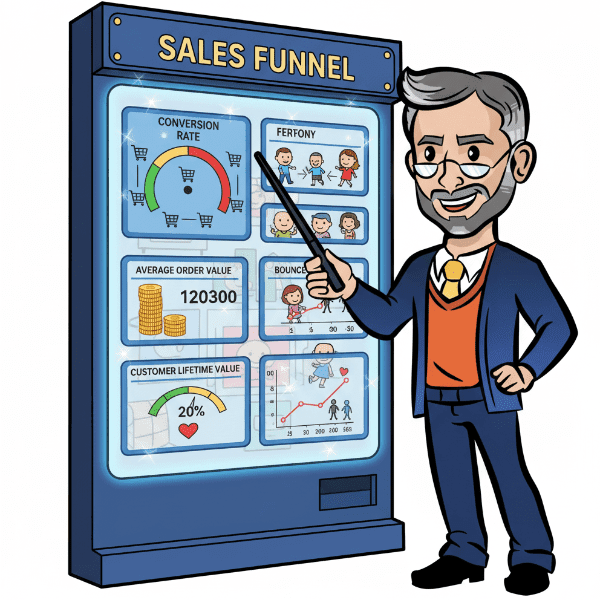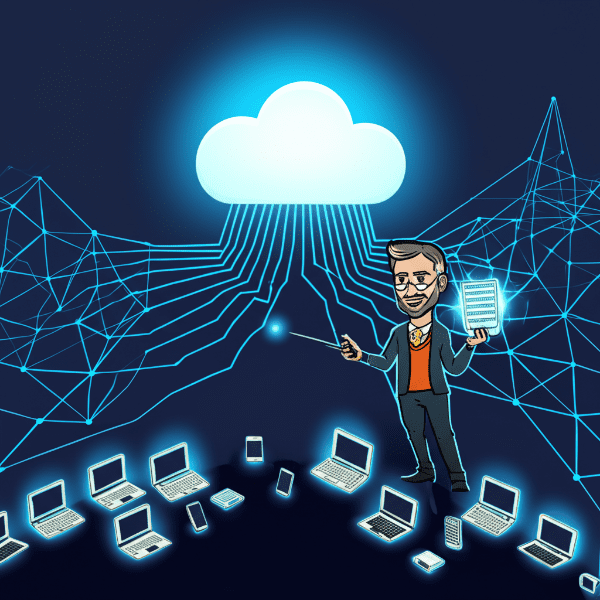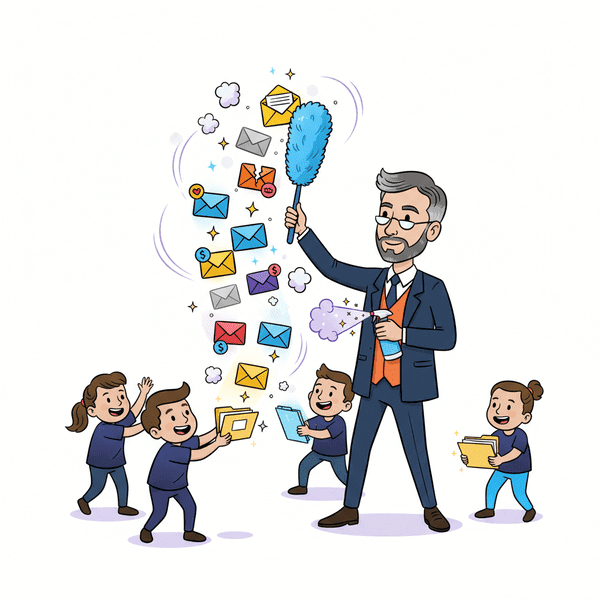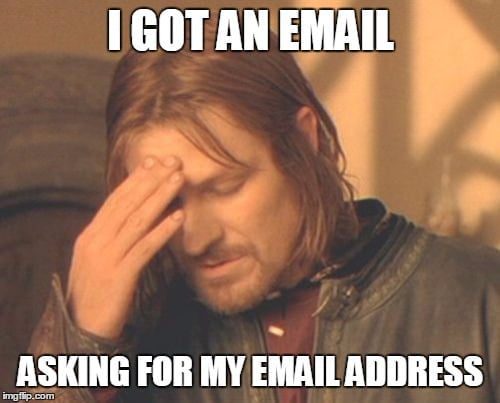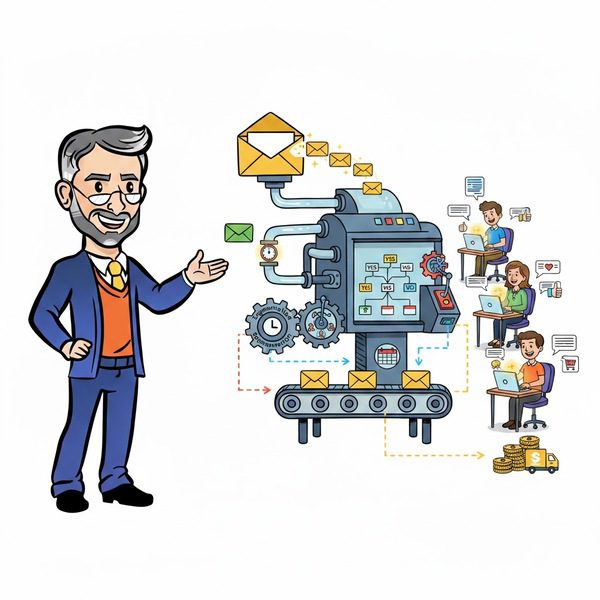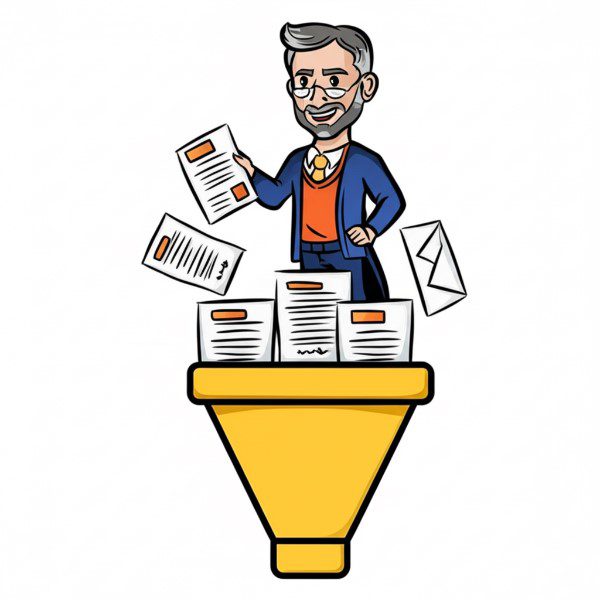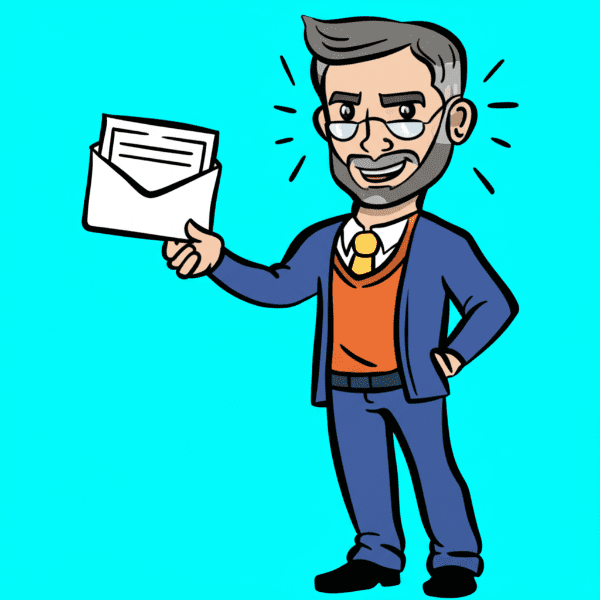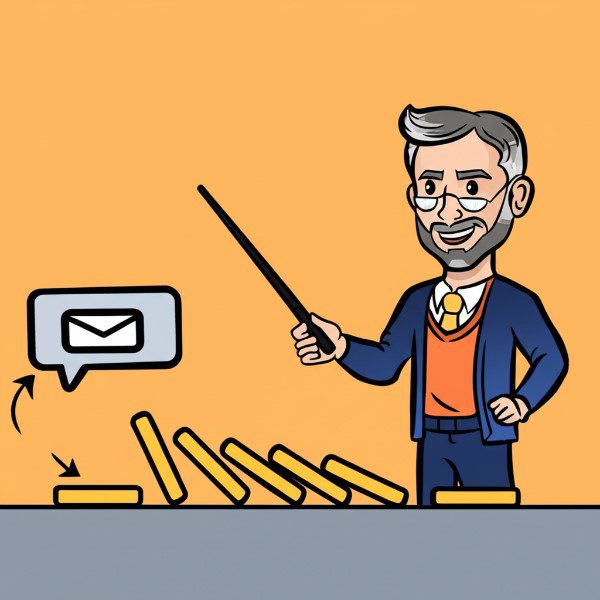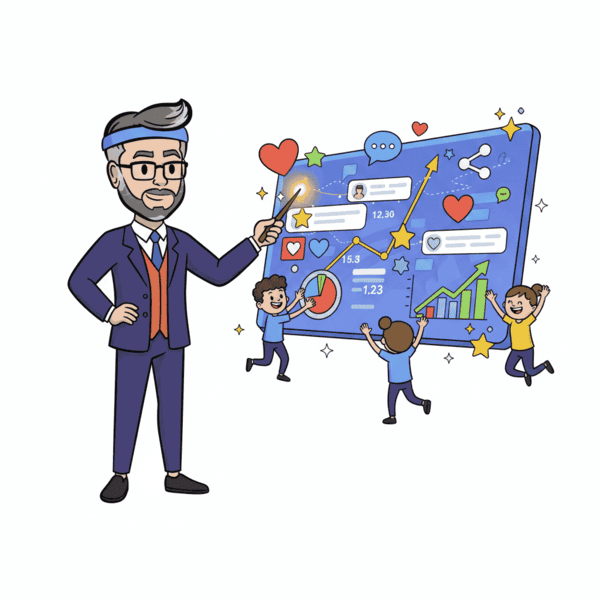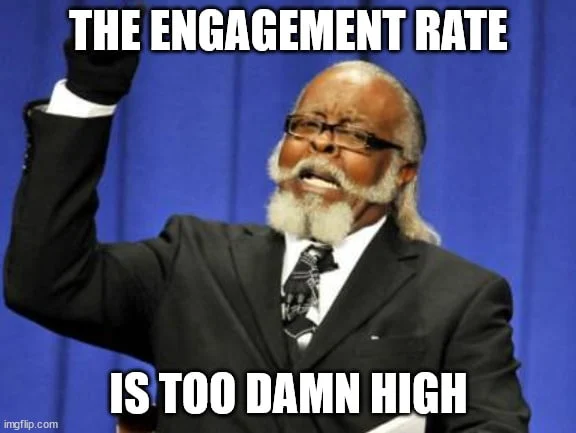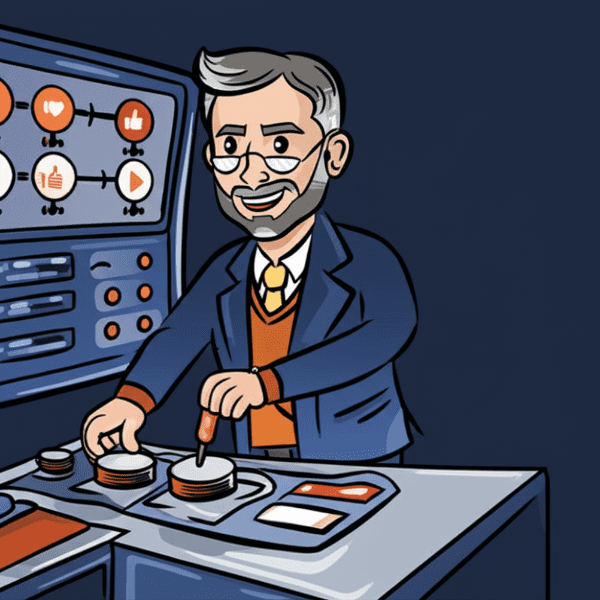Definition: Event marketing is the strategic promotion of a brand, product, or service through in-person or virtual events. These events are designed to engage an audience, build relationships, and drive business results by offering memorable, value-driven experiences.
Use It In a Sentence: We used event marketing to launch our new product with a hybrid online and offline campaign that boosted lead generation by 40%.
Key Components of Event Marketing
1. Event Planning and Strategy
- Determine the goal: awareness, lead generation, product launch, or customer retention.
- Choose event type: webinars, trade shows, conferences, product demos, meetups, etc.
- Define target audience and success metrics.
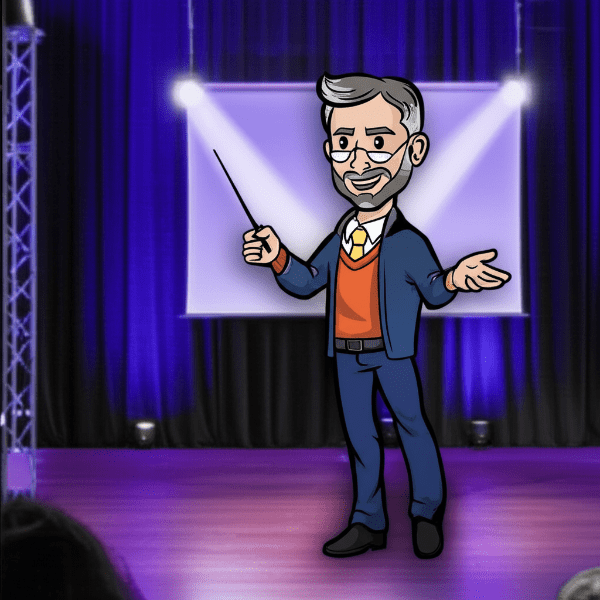
2. Promotion Channels
- Social media campaigns
- Email marketing and newsletters
- Paid ads and partnerships
- Influencer collaborations
3. On-Site or Live Engagement
- Interactive booths or live Q&A sessions
- Live demos and real-time product experiences
- Personalized swag or giveaways
- Post-event surveys or follow-up content
4. Follow-Up Strategy
- Nurture leads via email sequences
- Share event recaps and video recordings
- Retarget attendees with relevant offers
Why Event Marketing Works
- Creates Brand Awareness: Live experiences are memorable.
- Builds Relationships: Face-to-face or real-time interactions strengthen trust.
- Boosts Lead Quality: Engaged attendees often have higher intent.
- Amplifies Content Reach: Events generate media, social buzz, and repurposable content.
More Definitions
- Experiential Marketing: Builds emotional connections through real-world interactions.
- Lead Nurturing: Continuous engagement with prospects over time.
- Conversion Rate Optimization: Boosts performance of post-event touchpoints.
Useful Blogs
- Building a B2B Sales Funnel: The Step-by-Step Guide
- The Marketing Funnel: Stages, Strategies, & How to Optimize


